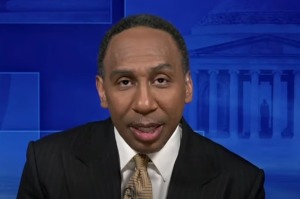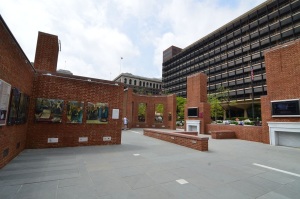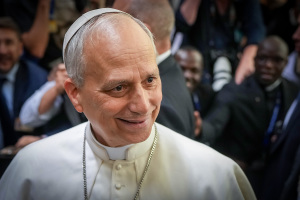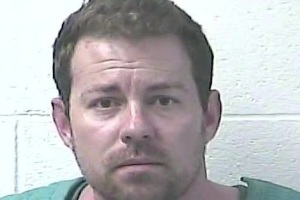Religious beliefs shouldn't be subject to ‘verification,' Justice Neil Gorsuch says in dissent
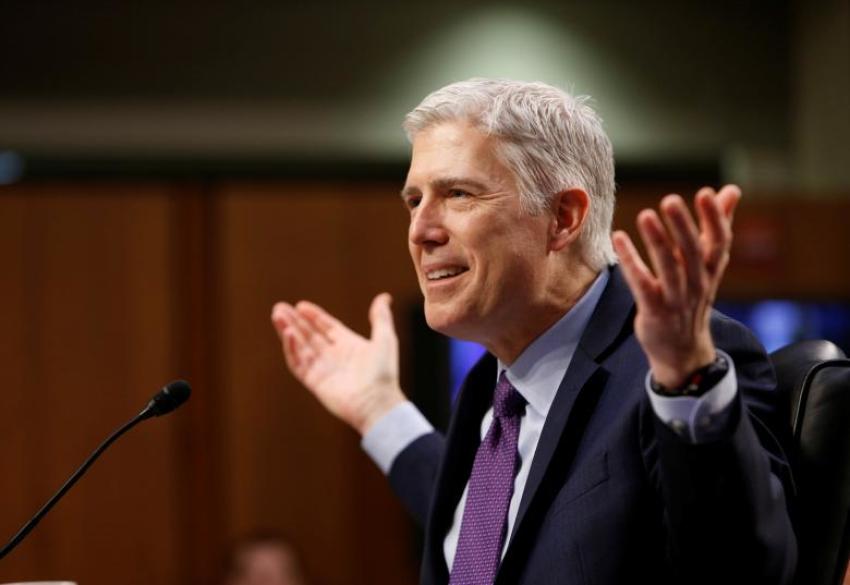
A pair of ministers seeking a tax-exempt status shouldn’t be subject to a government “verification” process, U.S. Supreme Court Justice Neil Gorsuch argued Tuesday.
The Supreme Court denied a request for oral argument in the case of New Life in Christ Church v. City of Fredericksburg, which centered on whether Josh and Anacari Storms can claim a tax exemption for their residence.
The couple are college ministers who minister to students at the University of Mary Washington in Fredericksburg, Virginia, and host Bible studies and worship events.
City officials had concluded that they could not claim tax-exempt status for a parsonage, contending that the Storms family does not fit the exact classification of a minister according to the Presbyterian Church in America, which includes a requirement to be ordained and a prohibition on female ordination.
Gorsuch took exception to the nation’s high court denying the appeal in a written dissent, arguing that the Storms should have been eligible for the tax-exempt residence.
“The church tried to explain that the City misunderstood its traditions and practices. The church responded that, yes, women can and do serve as ministers,” wrote Gorsuch.
“It acknowledged that ‘in order to deliver sermons’ a minister in its tradition must be ordained but nothing in its rules or the Book of Church Order ‘prohibits a particular church from hiring ministers to serve as messengers and teachers of the faith’ without ordination.”
Gorsuch, who was nominated to the court by former President Donald Trump in 2017, lamented that the city “continues to insist that a church’s religious rules are ‘subject to verification’ by government officials.”
“I would grant the petition and summarily reverse. The First Amendment does not permit bureaucrats or judges to ‘subject’ religious beliefs ‘to verification.’ About this, the Court has spoken plainly and consistently for many years,” he added.
“The Framers of our Constitution were acutely aware how governments in Europe had sought to control and manipulate religious practices and churches. They resolved that America would be different.”
Gorsuch concluded that while he considered the New Life case “a small one,” he would “correct” the earlier decision. He stressed that state-sponsored “efforts to ‘subject’ religious beliefs to ‘verification’ have no place in a free country.”
Last August, the First Liberty Institute, Christian Legal Society and Gibson, Dunn & Crutcher LLC filed a petition to the Supreme Court on behalf of New Life in Christ Church after the Virginia Supreme Court refused to hear the complaint against the city for denying the tax exemption status.
“For over 150 years, the Court has confirmed that civil authorities may not second-guess religious organizations on ‘questions of discipline, or of faith, or ecclesiastical rule, custom, or law,’” stated the petition.
“It is a foundational premise of our constitutional system that religious organizations enjoy ‘power to decide for themselves, free from state interference, matters of church government as well as those of faith and doctrine.”
Attorneys representing the city argued that the precedent for legally defining a minister has been individuals who are ordained and heads a congregation.
“This is not a case about who may be a minister of the petitioner’s church or about the free exercise of religion,” stated the city’s legal brief.
“Instead this case is about the authority of a court to make a determination of relevant facts, based on the evidence, when adjudicating a church’s application for Virginia’s tax exemption for the residence of the minister of the church.”















